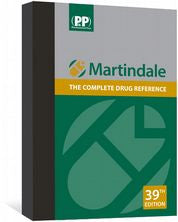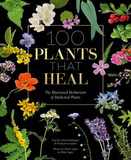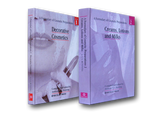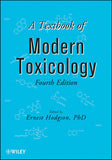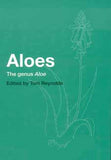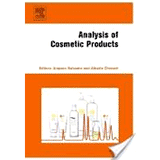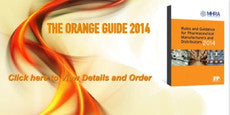Martindale: The Complete Drug Reference, 39th Ed. 2017 By Brayfield, Alison
276 x 219mm
Martindale: The Complete Drug Reference provides unbiased and evaluated information on drugs and medicines in use around the world. It is prepared by an experienced team of pharmacists and life scientists who use their professional expertise to select the most clinically relevant and appropriate information from reliable published sources, to provide an unbiased and evaluated digest of the literature.
Unique benefits:
- Breadth: No other source has the breadth of coverage or level of detail making it the ideal first-line reference work as well as a trusted source of information for more detailed drug enquiries
- Global coverage: Martindale is the leading resource in terms of international coverage, with 43 countries covered – alternative publications have a narrow regional focus
- Objectivity: Respected for its accuracy of content and independence from pharmaceutical industry. Based on published information and extensively referenced
- International adoption: Recognised and adopted worldwide
In two hardback volumes, Martindale contains:
- Over 6,300 drug monographs (and over 7,500 online, accessible via a subscription to MedicinesComplete)
- Over 185,000 preparations (and over 270,000 online, via MedicinesComplete)
- Over 54,000 reference citations
- Over 20,000 (and 28,000 online, via MedicinesComplete ) manufacturers and distributors
- Proprietary preparations from 43 countries and regions
- Nearly 700 treatment reviews, with references from the published literature
- Information to help you identify medicines, the local equivalent and the manufacturer
- Herbals, diagnostic agents, radiopharmaceuticals, pharmaceutical excipients, toxins, and poisons as well as drugs and medicines
Improvements for the 39th edition include:
- Over 130 new monographs, including:
- Lumacaftor: a cystic fibrosis transmembrane conductance regulator (CFTR) protein corrector
- Pitolisant: a central stimulant used in the treatment of narcolepsy
- Rolapitant: a neurokinin-1 receptor antagonist that is used for the prevention of nausea and vomiting associated with cancer chemotherapy
- Umeclidinium Bromide: a quaternary ammonium antimuscarinic used as a bronchodilator in the treatment of reversible airways obstruction
- New Hepatitis C treatment table and drugs including ledipasvir, ombitasvir, paritaprevir, and dasabuvir
- Coverage of proprietary preparations in 43 countries including Australia, China, UK, and USA, revised and updated


